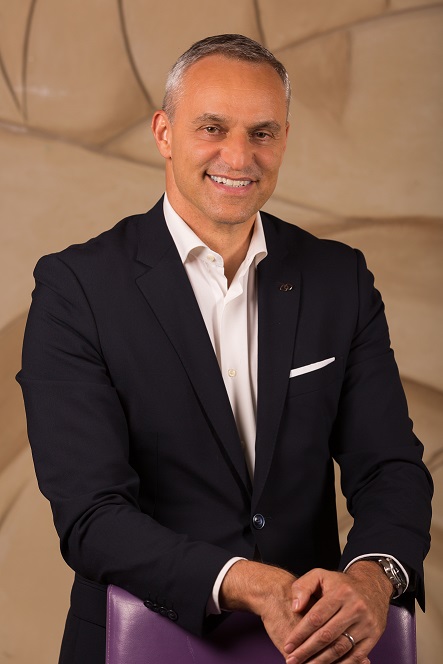It is no secret that advances in technology have changed our world; routines are more fast-paced and we have quick access to solutions and data. The world is better because of technology – that is a certainty.

It’s very common for us today to just click a button and get through a load of work that in the past was regarded as time-consuming and draining. Technology allows us easy access to information, saves time, brings ease of mobility, guarantees cost efficiency, secures innovation in many fields, contributes to better learning techniques, paves the way for artificial intelligence, and creates means for better communication. However, there is some debate around the effectiveness of behind-the-screen, technology-assisted communication, with arguments that it is eclipsing most forms of human contact.
Some people believe that face-to-face interaction cannot be replaced by technology. Others, however, stress that the former is a thing of the past, and that e-mails, social media, cell phones, Skype and so on are the best – if not only – means of communication.
At Sofitel the Palm Dubai, the team tends to utilise technology to grow and modernise our hospitality business, and make our daily tasks easier. However, we strongly believe in the power of face-to-face interaction, particularly when it comes to dealing with guests. To us, face-to-face communication is still king, and it will remain so for the following reasons:
Building relationships
Warm and genuine service is the cornerstone of a great hotel experience. And very often, personal interactions are the best way to achieve that great experience, especially when the situation is complicated. Our guests are not just our guests. They are valued clients whose comfort and contentment top the list of priorities we have set ourselves. The hospitality industry thrives on pleasing customers and creating portfolios of loyal clientele, and this can only be done through the establishment of strong, tight-knit relations with every guest. Happy guests often come back, and that is the ultimate goal.
Boosting effectiveness
Although believed to be time-consuming – when compared to the immediacy of technology – face-to-face communication is, in reality, an extremely effective tool to exchange ideas and brainstorm. The high-touch customer service business we run has a myriad of small yet very important details in terms of guest care and delivering an unmatched luxury experience. So it really is imperative that hotel staff members interact with guests as efficiently as possible, through technology as well as human contact. The latter allows us to explain the details of our services with accuracy, exchange valuable ideas, and prevent any miscommunication or possible issues with the clients.
Protecting confidentiality
Not all matters can be discussed via message or e-mail. Some discussions are meant to take place behind closed doors, hence the need for them to be conducted in a private setting, face-to-face, off the record. Whether you resort to face-to-face interaction with a staff member, an associate or a client, be certain that such an approach will show more respect and instill further trust between you and the person on the opposite side of the table.
Convincing people
When conflict arises, direct contact between individuals allows for honest engagement. In the hospitality business, communicating face-to-face helps bridge gaps, as it allows both parties to tackle the issue at hand, communicate their thoughts, engage in lengthy conversations, and make their case. The arguments you can give in writing will prove not on par with what you can utter to the person sitting right in front of you. Our employees’ ability to effectively deal with the emotional aspect of the guest interaction can largely contribute to the latter’s satisfaction.
Solving problems instantly
In today’s digital world, feedback from hotel guests, be it good or bad, is the key to running a flourishing business, as hotel bookings are significantly influenced by guests’ online reviews. When the reviews are positive, it is the hotel’s best case scenario. But, things go south when the feedback is negative, no matter how minor the guest’s complaint was. Accordingly, my team adopts a policy of face-to-face communication with our guests, requesting instant feedback so as to resolve all issues on the spot. By directly addressing the clients and listening to their complaints, we are able to put our finger on what we are doing wrong, and learn how we can address it and improve our service. Our policy is to never let a client leave unhappy.
Paying attention to body language and facial expressions
You do not need to be a body language expert to be able to tell if the person you are conversing with face-to-face is pleased or disgruntled, convinced or “not buying it”, serious or half-hearted, honest or misleading. However, if you do communicate via a computer screen or a text message, figuring out the other person’s reactions is tricky. So when you engage in direct discussions, try to read their facial expressions, notice their hand gestures, pay attention to their voice tone, analyse their body language and properly tie their non-verbal communication to what they are saying. This helps create a true and genuine connection with the individual you are interacting with.



































































